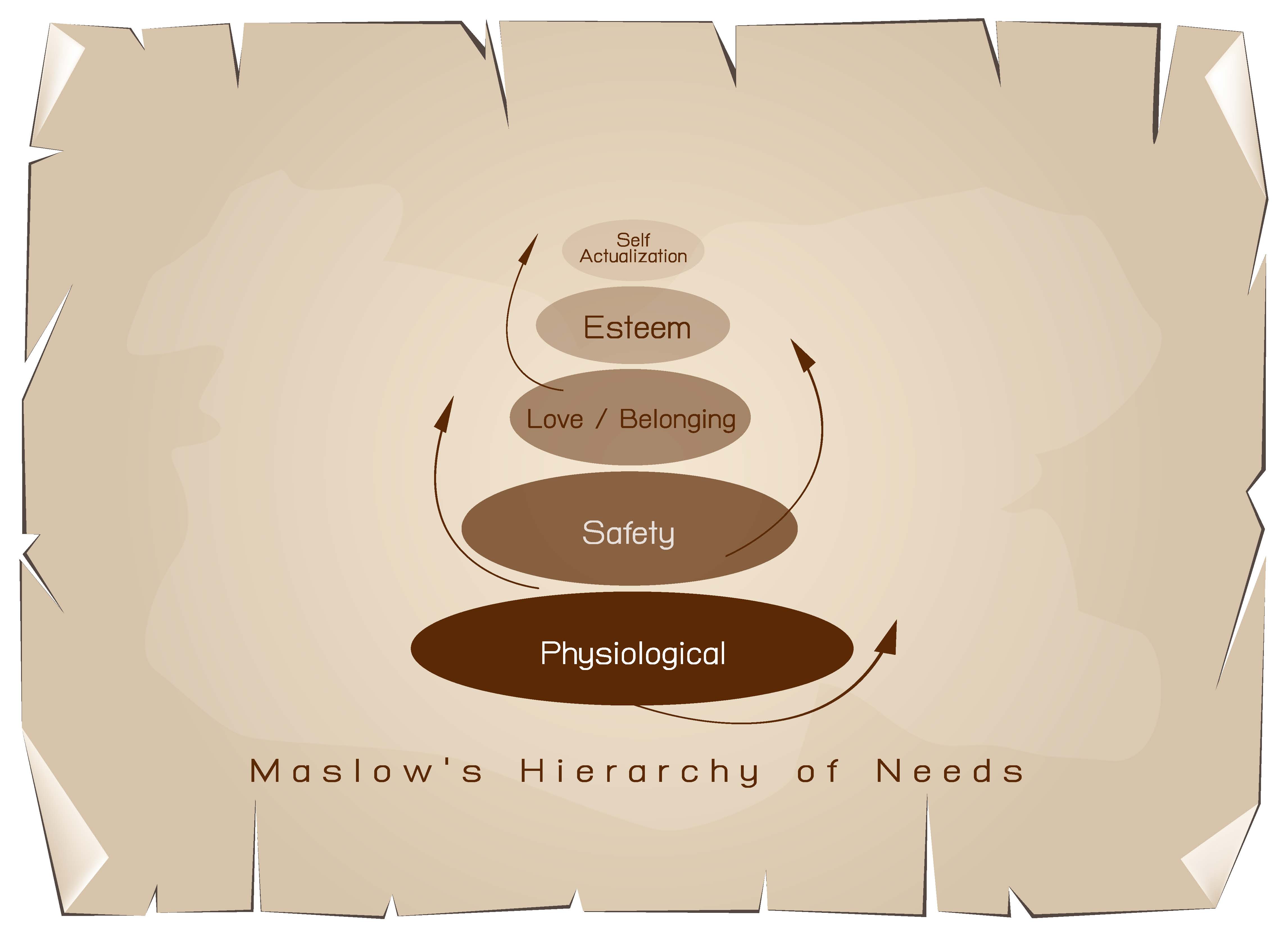
Transitions
The definition of transition is ‘the process, or a period of changing from one state or condition to another’. Change that comes rapidly, and without warning can shake our very foundations and sense of self. Whether this be the end of a marriage or relationship, job, or career. Changes to what once was our ‘foundation’ can be hard to recover from emotionally, financially, individually [self-identity], or collectively as a family, or community. However, we can see these changes as an opportunity for taking our life in a brand new, and surprising direction. Examples of difficult transitions may be something as subtle as an internal shift; a quiet voice inside that tells you that this is not the life you were meant to lead and then results in a change of location, partner, or career. Others find themselves on the end of an unexpected change where the job that they were effective at doing for more than twenty-something years now has a new culture or technology that envelopes the many skills they once had to offer. These impactful shakes or ‘life-quakes’, as author Bruce Feiler describes them, forces us to take a moment to attune to what our life’s purpose actually might really be.
Transformation
What is our purpose, and why is this important to contemplate this in midlife and beyond? It’s not an easy question to answer, but is one that many of ask ourselves, particularly when we hit midlife. Though, there is some helpful commentary from those who have tapped into their life’s vocation. For example, Mark Twain writes ‘The two most important days of your life are the day you were born and the day you know why’ and an advocate for transforming early adverse events such as addiction into a higher calling, Russell Brand, tells us in his book ‘Revelation’ – ‘You belong to your purpose before you belong to yourself’. Although these sayings sort of resonate at the place in us that is an ‘unthought known’ we still ask ourselves how does that help us in practical terms? How does having a vague sense of what ‘feels right’ and what I’m drawn towards help me find the ‘right’ source of income, friends, or new partner in life? The short answer is maybe having a moment of the ‘feels’ doesn’t magically ‘fix’ your whole life situation! Though attuning to the feelings that spark something deeper in you can be like an arrow that points you in a direction that will bring more fulfillment and joy to your life. Quite often this can lead to embarking on the things that really matter to you and brings you into the path of others who share that same vision. The band Pearl Jam actually have a song titled ‘unthought known’. Googling this just now, I view in the section below the youtube clip from a commenter of the video and he writes “when I am feeling weighed down, stagnant, and frustrated, this song never fails to remind me to take a step back and see my life in broader terms. Reminds me to put my focus and energy into things that really matter.” Thank you ‘random commentator’ of googled Pearl Jam youtube music video! What really does matter is how you feel about yourself and your life!

A key to personal transformation is to find people, activities and interests that support this. Do what you love, and love what you do. But first, take a step back, have an intimate moment with your own mind. Give yourself permission to recognise the confusion around the swirling thoughts about how I manage life going forward. Do something simple like lighting a scented candle, bring yourself into the present moment, and think of all that has brought you to this moment of un/clarity or ‘the messy middle’.

Distilling thoughts are an on-going process just as life is, and can be like water flowing from one place into another. There is rarely a fixed ‘right thought’ like a bolt of lightening that tells us what our next best step is. But rather, it is stepping back, and listening to life, gathering your thoughts, fears, impressions of the processes taking place in your mind and in your heart. Sharing these with close and trusted others and distilling them into something valuable – through journaling, crafting and creating can help. As the great Persian poet and philosopher Rumi wrote “Let yourself be silently drawn by the strange pull of what you really love. It will not lead you astray.”
Transcendence
What do we mean by transcendence and how does this help us in navigating ‘messy middles’, change or uncertainty? Transcendence has been described in several ways as moving beyond the self and is often associated with ‘the spiritual’. It can also be seen as living at the level of ‘being’. When we let go of cultural expectations and find ways of dropping into those deeper more intimate moments with our own mind and heart, we do can initiate the process of de-identifying with ou ego, self-concept or ‘small self’ as psychology theorists, mystics and philosophers suggest. We then begin to feel a deeper sense of connectedness to the ‘whole’.

We may not recognise, or be able to pinpoint the exact feeling that contributes to deeper and meaningful social exchanges at the time; but its in those moments where we have connected deeply with an idea, a prayer, a community or another human being through thought, action or emotion that takes our focus from our immediate self to something bigger. Its in these moments, usually while assisting others, be it in small or large gestures, that we are ‘in communion’ with something bigger than ourselves. Whether this means God, nature, or community, it doesn’t really matter. It’s being able to move beyond our individual [small selves] lives’ trajectories and knowing that they are all brooks, streams, rivers running towards the same ocean of existence.
Coming back to our definition of transition ‘the process, or a period of changing from one state or condition to another’ we can now see that what may help us in times of turmoil or change is to drop into ‘beingness’ which feels a bit ‘woo-woo’ or ‘wishy-washy’ but in fact its what helps to transform our experiences into a space of transcendence. This process is ongoing, and ought to be seen for what it is, ultimately our strength. Bringing yourself into these moments of deeper connection with your wisdom and the “zen of transition’ provides you with the opportunity to be fully whole, self-actualized and fully human in your ‘beingness’. This ultimately acts to buoy you in those moments of overwhelm, when the waves of transition seem bigger than we can manage. We can never dive too far into our deepest desires. Ask life what your purpose is, and it will answer, and tell you in more than one hundred ways every day, in every little exchange, and in every moment of confusion or clarity. A contemplation of these 3Ts may help you keep afloat in your midlife and later life transitions, particularly if you stay open to seeing it all as a process that we’re all a part of.

